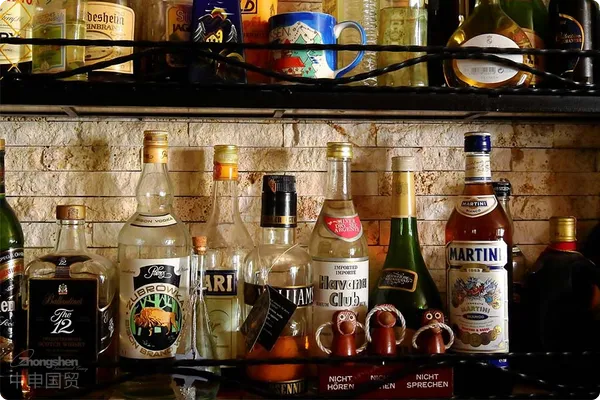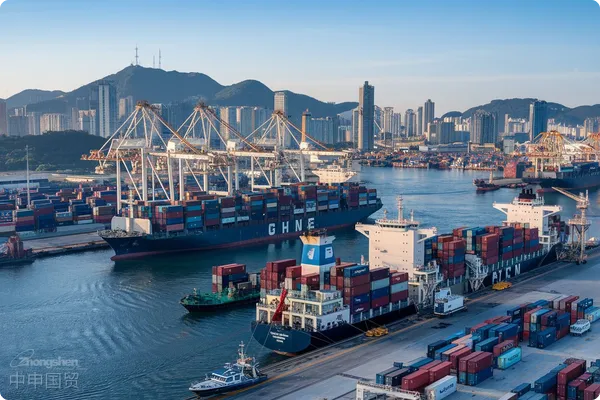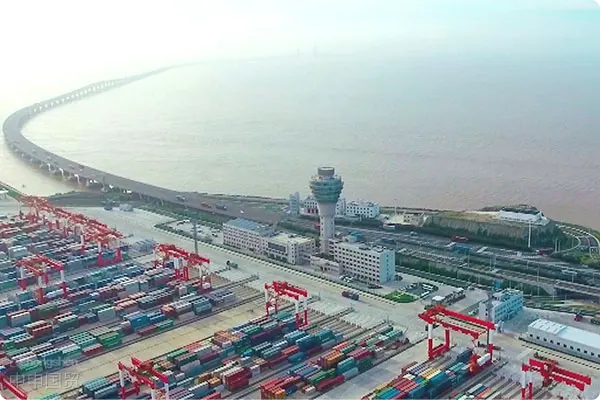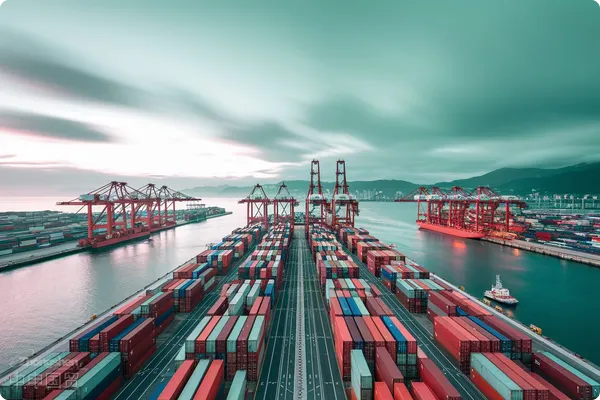- Shanghai Zhongshen International Trade Co., Ltd. - Two decades of trade agency expertise.
- Service Hotline: 139 1787 2118
Following the EUs announcement of tariffs of up to 45% on Chinese electric vehicles, China swiftly responded. Chinas Ministry of Commerce recently stated that starting October 11, 2024, importers of EU brandy and cognac will be required to pay deposits of up to 39%. If additional tariffs are ultimately imposed on these products, these deposits will be retroactively collected.

A Symbolic Measure Targeting France
This measure primarily targets France, as French cognac accounts for 95% of Chinas imported brandy market. The move is seen as a direct response to the EUs tariff decision, carrying strong symbolic significance. France played a key role in the EUs decision to impose tariffs on Chinese electric vehicles, making it the primary target of Chinas countermeasures.
EU Economic Commissioner Paolo Gentiloni commented, We conducted a serious investigation and made an appropriate and proportionate decision. We see no reason for retaliation. He emphasized that the EUs measures were to address potential risks of market oversupply.
Potential Tariffs on Large-Displacement Vehicles Could Affect Germany
More notably, China is considering imposing tariffs on EU large-displacement vehicles. This measure primarily targets Germany, which has strongly opposed the EUs decision to impose tariffs on Chinese electric vehicles. Germany is Europes largest automobile producer, with its premium vehicles holding a significant share in the Chinese market.
Reports indicate that in 2023, EU auto exports to China reached €19.4 billion, while imports of Chinese electric vehicles totaled €9.7 billion. Tariffs on large-displacement vehicles would significantly impact Germanys auto industry, potentially escalating trade tensions between China and the EU.
Positions and Trade Impacts
The EU stated that tariffs on Chinese electric vehicles aim to protect the European auto industry from unfair competition. The EU believes Chinese EV manufacturers receive substantial government subsidies, giving their products a price advantage in the European market.
China, however, views the EUs tariff measures as protectionist and in violation of WTO rules. Chinas Ministry of Commerce stated it would take necessary measures to safeguard the legitimate rights and interests of Chinese enterprises.
Future Outlook: The Need for Dialogue and Cooperation
The trade friction between China and the EU highlights the complexity and uncertainty of the global trade environment. The scale of bilateral trade is immense, and any increase in trade barriers could negatively impact both economies.
Experts suggest that China and the EU should resolve differences through dialogue and negotiation to avoid escalating a trade war. Maintaining an open, fair, and non-discriminatory trade environment aligns with the common interests of both sides. Only through strengthened cooperation can they jointly address global economic challenges and achieve mutual benefits.
Related Recommendations
? 2025. All Rights Reserved. Shanghai ICP No. 2023007705-2  PSB Record: Shanghai No.31011502009912
PSB Record: Shanghai No.31011502009912










